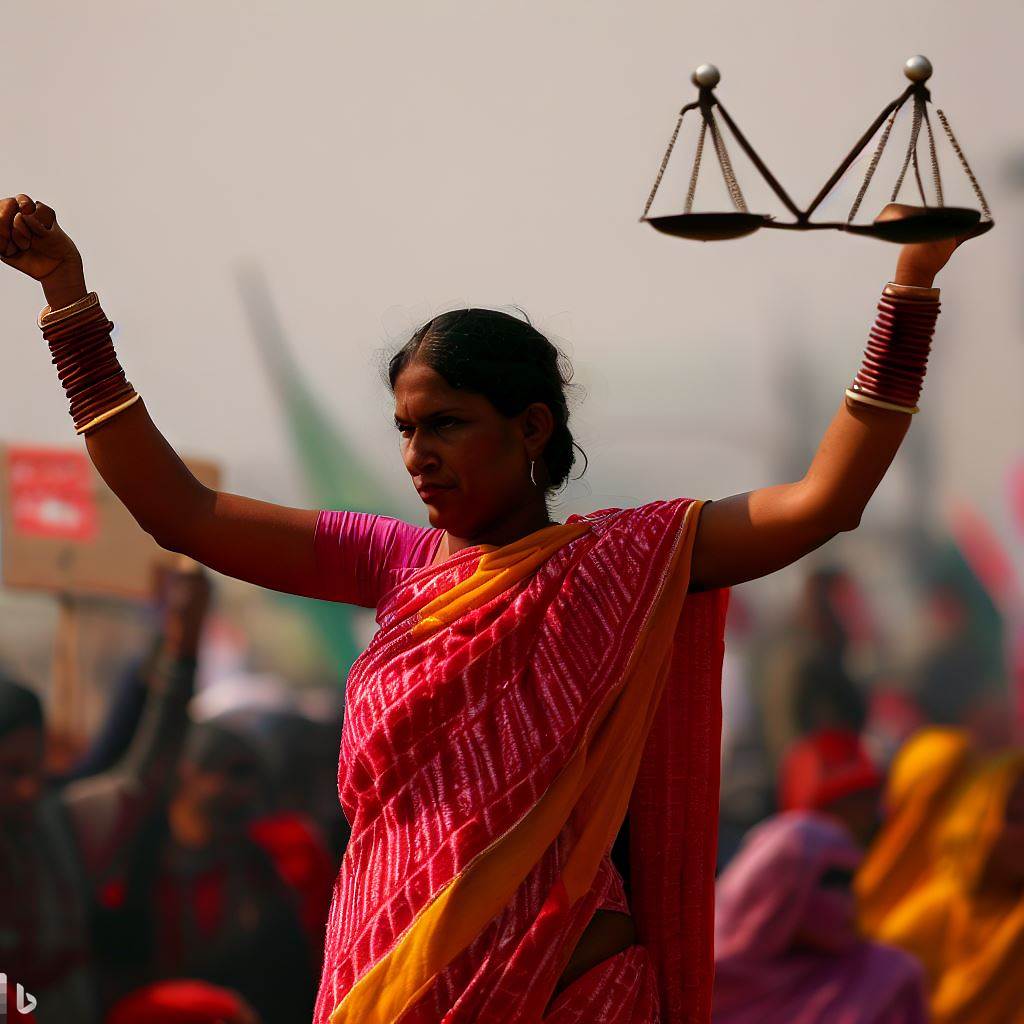Uniform Civil Code in India: Balancing Political Impact and Advancing Gender Justice
In a move that has ignited intense debate across the nation, the issue of implementing a Uniform Civil Code (UCC) in India has taken center stage in the political arena. Proponents argue that a UCC would promote equality and harmony among diverse religious communities, while opponents fear it may encroach upon personal religious practices and traditions. As the question of a UCC gains momentum, it not only carries political implications but also raises crucial concerns regarding gender justice.
The concept of a Uniform Civil Code proposes a single set of laws governing personal matters, such as marriage, divorce, inheritance, and adoption, applicable to all citizens irrespective of their religious beliefs. Currently, different religious communities in India follow distinct personal laws, leading to varying practices and legal rights in matters related to family and personal affairs. Advocates argue that implementing a UCC would unify the legal framework, ensuring equality and justice for all individuals, regardless of their religious background.
The political impact of the Uniform Civil Code cannot be overstated. Several political parties have taken contrasting positions on the issue, reflecting the diverse views within the Indian electorate. Parties supporting the UCC claim that it would foster a sense of national unity, uphold constitutional principles of equality, and promote a more progressive society. On the other hand, opponents argue that the implementation of a UCC would infringe upon religious freedom, potentially alienating specific religious groups and their voters.
The influence of the UCC debate on Indian voters cannot be ignored. With religious and cultural diversity at the heart of Indian society, the issue strikes a chord with different segments of the electorate. Political parties must tread carefully to balance the aspirations of those seeking a uniform legal system with the sentiments of religious minorities who may perceive the UCC as a threat to their identity and religious practices.
Gender justice stands as a critical aspect of the Uniform Civil Code debate. India has grappled with gender inequalities and discriminatory practices entrenched within personal laws across various religious communities. A UCC has the potential to address these issues by ensuring equal rights and protections for women across all religious boundaries. By unifying personal laws, a UCC could eliminate gender-based discriminatory practices and provide a more equitable legal framework for women in matters of marriage, divorce, and inheritance.
However, critics argue that a one-size-fits-all approach may not adequately consider the unique cultural and religious practices of different communities, potentially undermining the rights and interests of women in some cases. Balancing the pursuit of gender justice with religious freedom remains a central challenge in the quest for a Uniform Civil Code.
As the nation grapples with these complex issues, the Uniform Civil Code debate is likely to influence the political landscape, attracting attention from voters across the country. Political parties will need to navigate this sensitive terrain carefully, recognizing the importance of promoting gender justice while respecting the diverse religious beliefs and traditions of the Indian population.
Ultimately, the implementation of a Uniform Civil Code in India has the potential to reshape the nation’s legal landscape and impact the lives of millions. As the debate continues, striking a delicate balance between political considerations, gender justice, and religious freedom will be crucial in shaping the future of India’s legal system and ensuring a more inclusive society for all its citizens.
